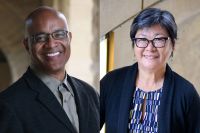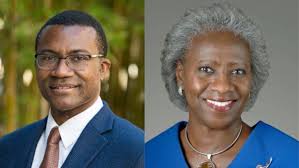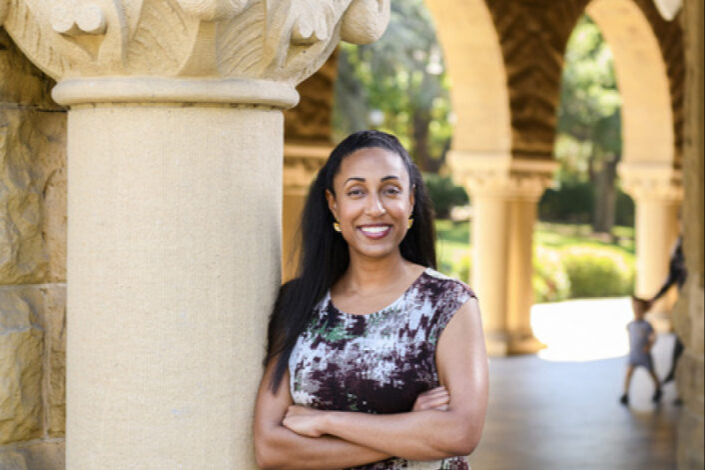A pandemic that disproportionately affected communities of color, roadblocks that obstructed efforts to expand the franchise and protect voting discrimination, a growing movement to push anti-racist curricula out of schools – events over the past year have only underscored how prevalent systemic racism and bias is in America today.
What can be done to dismantle centuries of discrimination in the U.S.? How can a more equitable society be achieved? What makes racism such a complicated problem to solve? Black History Month is a time marked for honoring and reflecting on the experience of Black Americans, and it is also an opportunity to reexamine our nation’s deeply embedded racial problems and the possible solutions that could help build a more equitable society.
Stanford scholars are tackling these issues head-on in their research from the perspectives of history, education, law and other disciplines. For example, historian Clayborne Carson is working to preserve and promote the legacy of Martin Luther King Jr. and religious studies scholar Lerone A. Martin has joined Stanford to continue expanding access and opportunities to learn from King’s teachings; sociologist Matthew Clair is examining how the criminal justice system can end a vicious cycle involving the disparate treatment of Black men; and education scholar Subini Ancy Annamma is studying ways to make education more equitable for historically marginalized students.
Learn more about these efforts and other projects examining racism and discrimination in areas like health and medicine, technology and the workplace below.
Update: Jan. 27, 2023: This story was originally published on Feb. 16, 2021, and has been updated on a number of occasions to include new content.

















































































